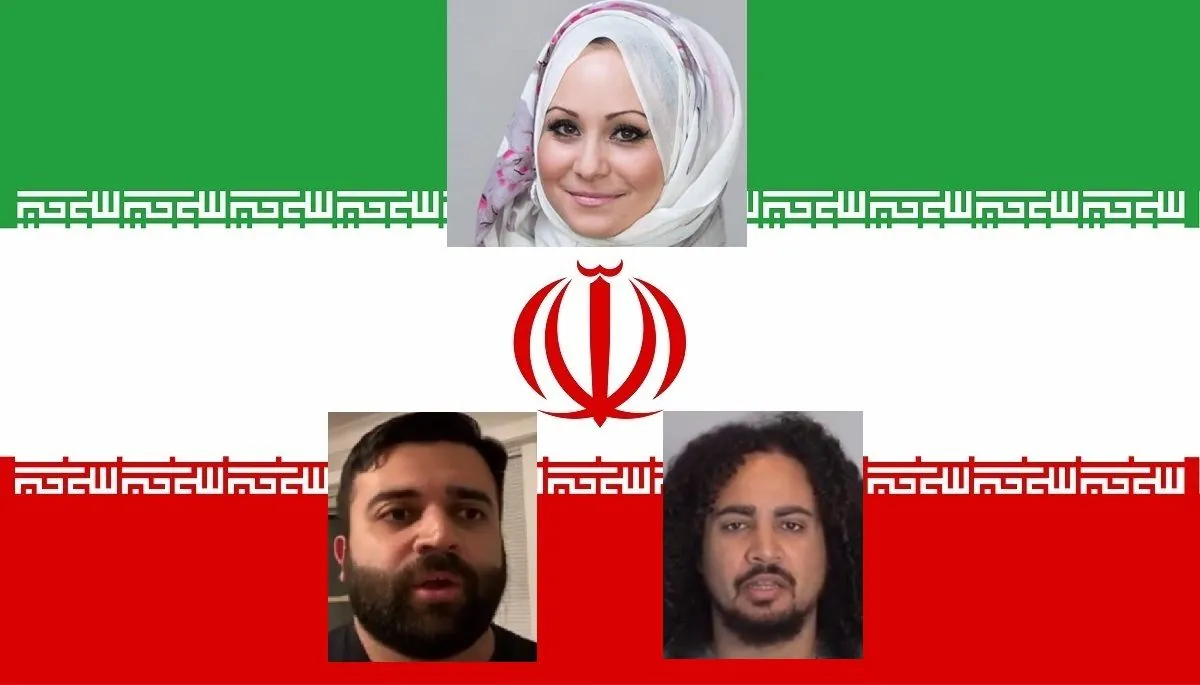Paul Stott, head of security and extremism at Policy Exchange, argues that the UK's approach to Iranian interference requires immediate attention. As of August 2024, concerns about Iran's influence have escalated, prompting calls for a comprehensive review of counter-extremism strategies.
The director general of MI5 and the head of Counter Terrorism Policing have highlighted Iran's attempts to orchestrate terrorist attacks within the UK. This revelation underscores the urgency of addressing the issue at the highest levels of government.
A violent incident on May 24, 2023, at a memorial event in Wembley for the late Iranian president Ebrahim Raisi, resulted in injuries to four counter-protesters. This event exemplifies the potential for Iranian-linked groups to engage in aggressive actions on British soil.
The threat extends beyond Iranian nationals to include political Shia movements from other countries operating in London. Of particular concern is the presence of representatives from Iraqi Shia groups like the Popular Mobilisation Forces (PMF). Notably, Kata'ib Hezbollah, a faction of the PMF, is designated as a foreign terrorist organization by the USA and was implicated in the death of a British soldier in Iraq in 2020.
Comparisons with other nations reveal a more proactive approach to countering Iranian influence. The German government's closure of the Iranian-linked Islamic Centre in Hamburg and its affiliates stands in stark contrast to the UK's handling of similar organizations. The German Federal Ministry of the Interior cited violations of the constitution as grounds for these actions.
In the United States, Director of National Intelligence Avril Haines has issued warnings about Iranian attempts to exploit domestic protests, particularly those related to Gaza. While acknowledging that such protests are not directly orchestrated by Tehran, Haines emphasized the importance of alerting the public to foreign actors seeking to manipulate domestic debates.
The UK's approach to the Islamic Centre of England (ICEL) has been criticized as inadequate. ICEL, whose directors have consistently been educated in Iranian seminaries and serve as representatives of Iran's supreme leader, has been under investigation by the Charity Commission since November 2022 due to governance concerns.
Stott proposes several measures to address these issues:
- Halting the issuance of visas for Iranian ministers of religion
- Re-examining previously granted visas
- Conducting a thorough investigation of pro-Iranian activists and their impact
- Encouraging greater transparency in the work of security services
- Promoting public officials' awareness to avoid interactions with extremist groups
"The UK has been tolerant of too much, for too long."
As the UK government considers its approach to counter-extremism, the need for a more robust and transparent strategy to address Iranian interference becomes increasingly apparent. The balance between tolerance and national security remains a critical challenge for policymakers in the years ahead.
